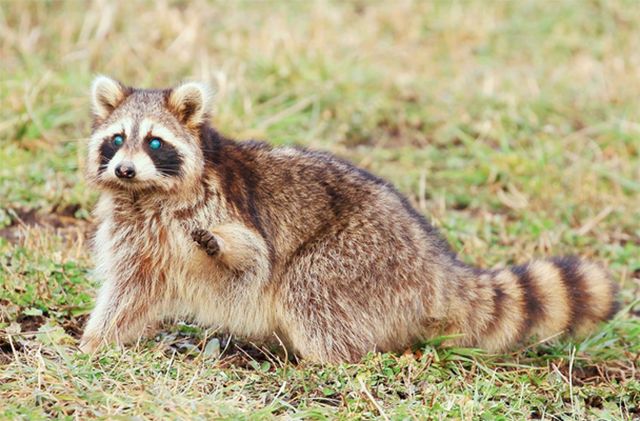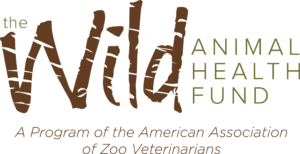Canine Distemper (CDV) in Wildlife
What is Canine Distemper?
If you have a dog, you’ve probably heard of canine distemper (CDV) and vaccinated your dog for it. It is highly contagious and causes difficulty breathing, coughing, and pneumonia. In addition to those symptoms, it can cause neurological symptoms that are very similar to rabies. Saliva, urine, feces, and other respiratory secretions are the means of transmitting CDV.
Wait, isn’t that for dogs?
According to UPenn, CDV occurs in wild, captive, and domestic carnivores worldwide. Wild species such as African lions, Amur tigers, seals, sea otters, black-footed ferrets, and even bears can get CDV. Black-footed ferrets are especially susceptible to CDV and was a large factor in the decline of the species, which is now considered one of North America’s most endangered animals. CDV can survive cold temperatures and is known to be mainly active in domestic animals in the cold months, but more active in the spring and summer for wildlife.

Is there a vaccine for canine distemper in wildlife?
There is no vaccine currently available to wildlife that would prevent CDV. Vaccination of wildlife is controversial because scientists cannot monitor wildlife for adverse reactions. Dogs can be easily monitored and interventions can easily be administered, once vaccinated. Scientists have directed their focus to vaccinating domestic species as a way to control the spread to wildlife. Even with vaccination efforts, CDV is still impacting wildlife, especially in areas with higher exposure to domestic animals.
Can humans do anything to help?
Yes! There are several ways that you can prevent canine distemper from spreading to wildlife.
- Vaccinate your dog(s) for CDV and pet ferrets. Avoid any gaps in this vaccination.
- Be careful (or don’t) socialize a puppy that has not finished vaccinations yet.
- Always pick up dog waste and dispose of properly.
- Please use this resource to find your local wildlife rehab group if you suspect an animal has CDV.
Check out the 2021 Wild Animal Health Fund research projects to see how we are making an impact on zoo animals and wildlife all over the world.
